1. Introduction to Broiler Cage Price
The Broiler Cage Price is a critical factor that poultry farmers and businesses consider when investing in broiler farming infrastructure. Broiler cages have become indispensable in modern poultry production due to their ability to maximize space utilization, improve bird welfare, and increase operational efficiency.
Determining the right broiler cage price involves understanding various parameters such as cage design, material quality, size, automation level, and supplier services. This comprehensive guide provides detailed insights into broiler cage pricing, including what affects the cost, the specifications of different cage types, their advantages, typical applications, usage guidelines, and frequently asked questions. This will empower buyers to make informed purchasing decisions aligned with their budget and production goals.
2. Parameters Affecting Broiler Cage Price
Several factors influence the price of broiler cages. Understanding these parameters helps buyers evaluate cost versus value effectively.
2.1 Cage Material
Galvanized Steel: The most common and cost-effective option, offering good durability and corrosion resistance.
PVC-Coated Steel: Offers enhanced rust protection, slightly higher cost than galvanized steel.
Stainless Steel: Premium material with the highest corrosion resistance and longevity, comes at a higher price.
2.2 Cage Size and Layers
2.3 Cage Design Complexity
Basic Wire Mesh Cages: Simpler and less costly.
Cages with Integrated Feeding/Watering Systems: Increase price but improve efficiency.
Automated Systems: Highest price range due to technology integration (automatic feeders, nipple drinkers, ventilation control).
2.4 Manufacturing Quality and Brand
Established brands with quality certifications (ISO, CE) may price higher but offer reliability and after-sales support.
Local manufacturers may offer competitive prices with variable quality.
2.5 Quantity and Customization
2.6 Additional Accessories and Services
Manure belts, ventilation systems, feeding lines, installation, and training services can add to total costs.
3. Typical Broiler Cage Price Ranges
Basic Single-Tier Cage | $50 - $150 |
Multi-Tier Cage (2-3 layers) | $150 - $400 |
Automated Broiler Cage System | $500 - $1500+ (includes feeders, drinkers, ventilation) |
Custom or High-End Designs | Varies significantly; request quote |
Note: Prices vary by region, supplier, and order volume.
4. Features of Broiler Cages Affecting Price and Value
4.1 Durability and Longevity
Higher quality materials and coatings increase the lifespan of cages, reducing long-term replacement costs.
4.2 Space Optimization
Multi-tier and modular designs maximize bird density per square meter, improving cost-effectiveness.
4.3 Automation and Efficiency
Automatic feeders, drinkers, and manure handling reduce labor costs and feed/water wastage.
4.4 Bird Welfare Enhancements
Ergonomic designs that improve comfort, reduce injury, and comply with welfare standards often command higher prices.
4.5 Maintenance and Cleaning Ease
Cages designed for quick disassembly and cleaning reduce downtime and labor expenses.
5. Advantages of Investing in Quality Broiler Cages Despite Price
Improved Production Efficiency: Optimized feeding and housing conditions boost growth rates.
Labor Cost Reduction: Automation and ergonomic design reduce manual work.
Enhanced Biosecurity: Effective waste management and isolation lower disease risks.
Long-Term Savings: Durable cages reduce frequent replacements.
Regulatory Compliance: Helps meet animal welfare and environmental standards.
Scalability: Modular systems allow gradual expansion without major capital.
Better Market Reputation: Higher quality cages reflect farm professionalism.
6. Application Scenarios for Different Broiler Cage Prices
6.1 Small-Scale and Backyard Farms
Usually opt for basic, cost-effective single-tier cages.
Limited automation due to budget constraints.
6.2 Medium-Sized Commercial Farms
6.3 Large-Scale Industrial Farms
Purchase fully automated, high-end cage systems.
Prioritize long-term efficiency, scalability, and welfare compliance.
6.4 Contract Farming and Integrators
6.5 Research and Educational Institutions
7. Usage Instructions Related to Broiler Cage Price Considerations
7.1 Budget Planning
Assess total investment including cages, accessories, installation, and operation.
Prioritize features that impact production and welfare.
7.2 Supplier Selection
Compare prices alongside certifications, warranties, and after-sales support.
Request detailed quotes including installation and training.
7.3 Installation
7.4 Operation and Maintenance
Follow manufacturer guidelines to maximize cage lifespan.
Regularly inspect and maintain feeding, watering, and waste systems.
7.5 Expansion Planning
8. Common Questions Related to Broiler Cage Price
Q1: Why do broiler cage prices vary so much?
A: Prices depend on materials, design complexity, automation, brand reputation, and customization.
Q2: Are higher-priced cages always better?
A: Generally, quality and features improve with price, but it's important to balance budget with farm needs.
Q3: How does automation affect broiler cage price?
A: Automation significantly increases initial costs but reduces labor and feed/water wastage long-term.
Q4: Can I negotiate better prices for bulk purchases?
A: Yes, many suppliers offer discounts for large orders or long-term partnerships.
Q5: What hidden costs should I consider beyond cage price?
A: Installation, maintenance, spare parts, utilities for automation, and training may add costs.
Q6: How often should broiler cages be replaced?
A: Depending on material and maintenance, cages can last 7-15 years.
Q7: Is it cheaper to build cages locally or import?
A: Local production may be cheaper but verify quality and warranty terms.
Q8: What payment options are typically available?
A: Options include upfront payment, installments, or financing, depending on the supplier.
Q9: How does cage price impact ROI?
A: Investing in durable, efficient cages improves ROI through higher productivity and lower operating costs.
Q10: Are there government subsidies or incentives for purchasing broiler cages?
A: Some regions offer agricultural subsidies; check local policies.
9. Conclusion
Understanding the Broiler Cage Price and the factors influencing it is vital for poultry farmers aiming to invest wisely in their production facilities. While initial cost is important, evaluating cage specifications, durability, automation, and after-sales services ensures that the investment leads to improved productivity, animal welfare, and profitability.
Purchasing from reputable suppliers, considering total cost of ownership, and planning for scalability will enable farms to maximize returns and sustain growth in a competitive poultry market. Whether you are a small-scale farmer or running a large industrial operation, selecting the right broiler cage within your budget is a strategic decision that pays dividends.
Company Profile
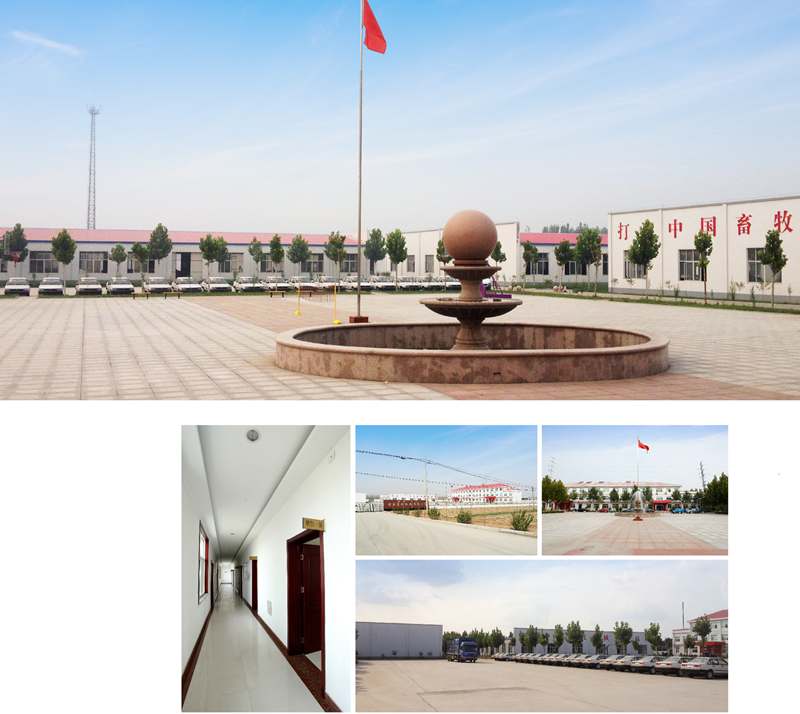
Shandong Huimin Qinle Livestock Machinery Co., Ltd. (formerly Shandong Huimin Qinle Livestock Machinery Factory) is a professional poultry equipment manufacturer with over 20 years of experience. We offer a comprehensive service package, from design (land and chicken coops), production (equipment and prefabricated steel coops), installation, commissioning, customer training, and after-sales service.
Located in Huimin County, Binzhou City, Shandong Province, China, the company has extensive experience in mechanical processing and manufacturing, as well as livestock machinery production and operation. With fixed assets of RMB 15 million, the company employs 160 people, including 30 R&D staff, and occupies a 40,000-square-meter factory. Equipped with over 110 pieces of advanced precision production equipment, including CNC machining centers and laser cutting machines, the company boasts a production capacity of RMB 50 million.
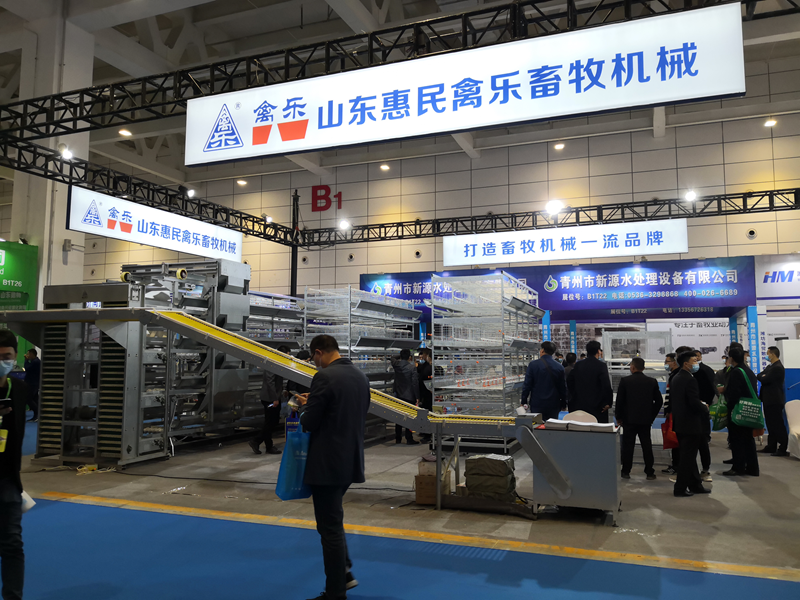
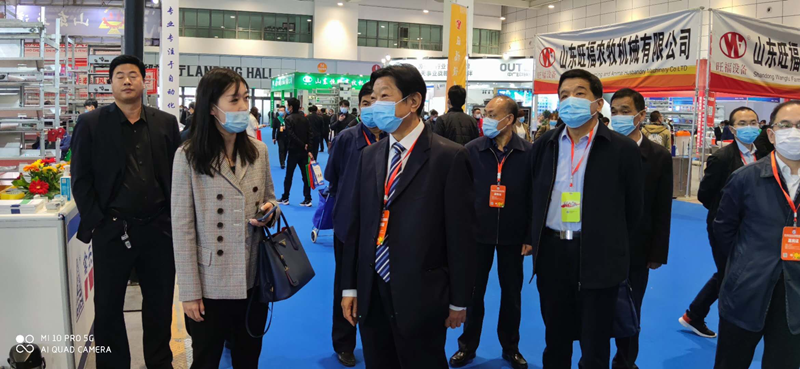
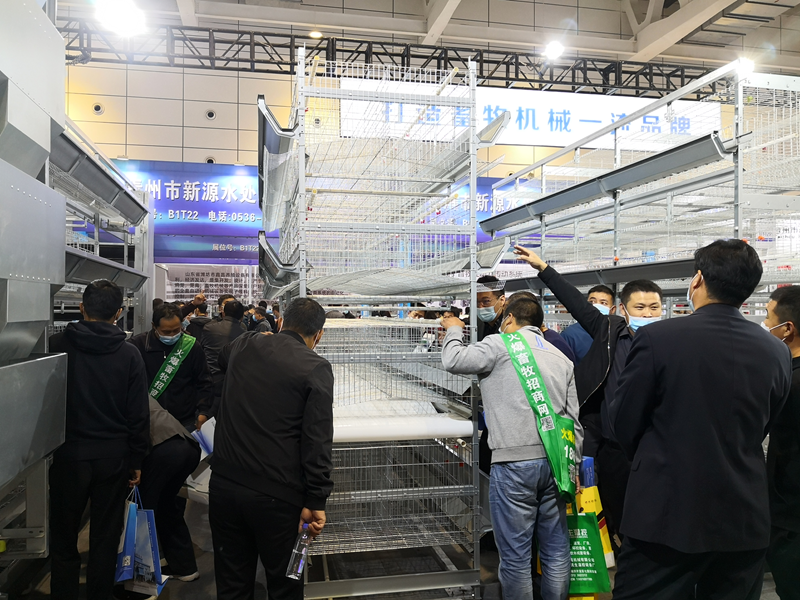
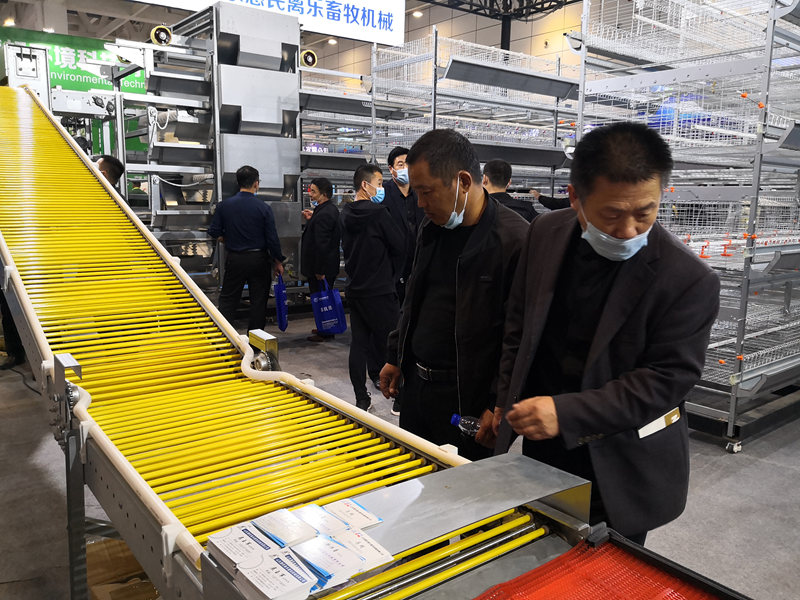
Chicken Farming Equipment Mesh Production Workshop

Machining Workshop
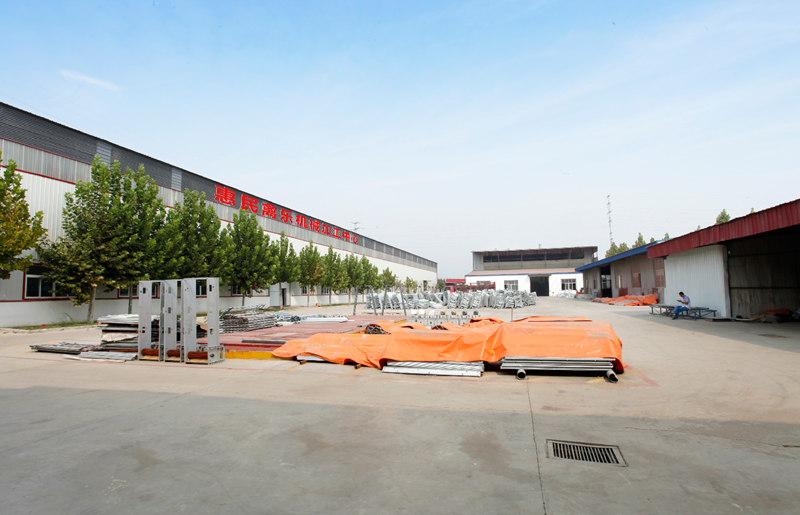
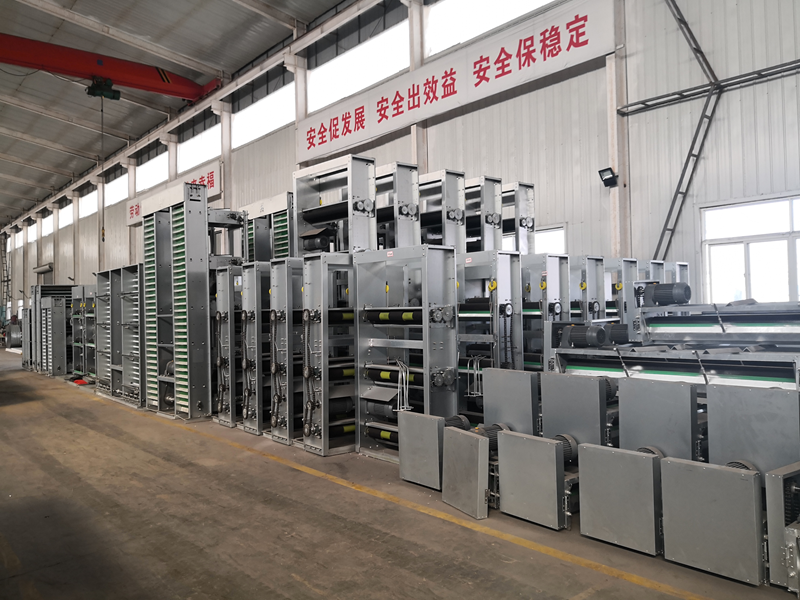
Turret-type CNC Punch Press, Laser Cutting and Other Machining Equipment
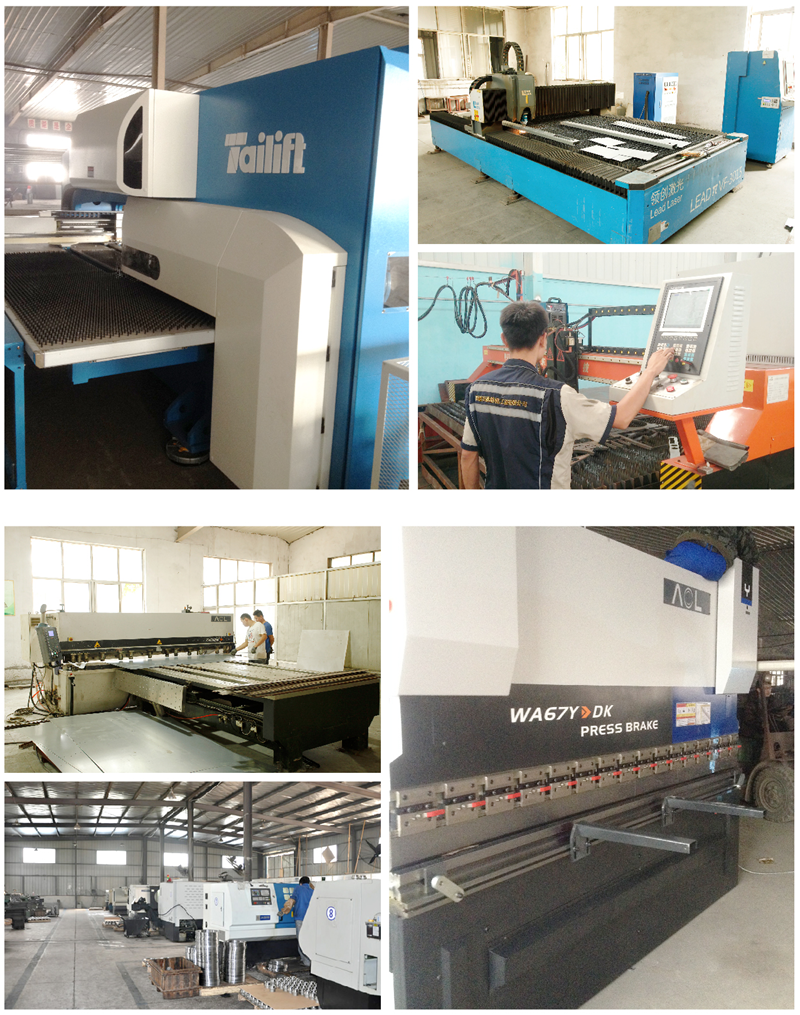
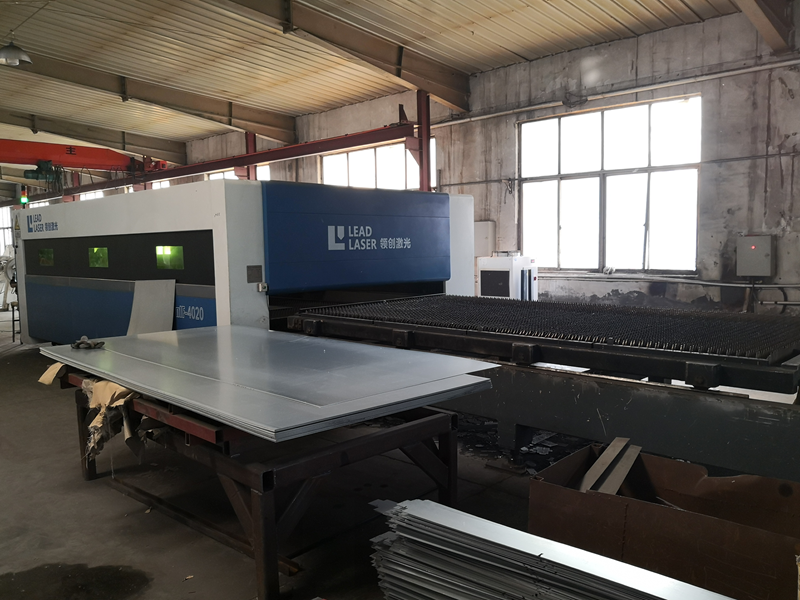

Fully Automated Roll Forming Production Line

Hot-dip Galvanizing Production Line

Electroplating Production Line
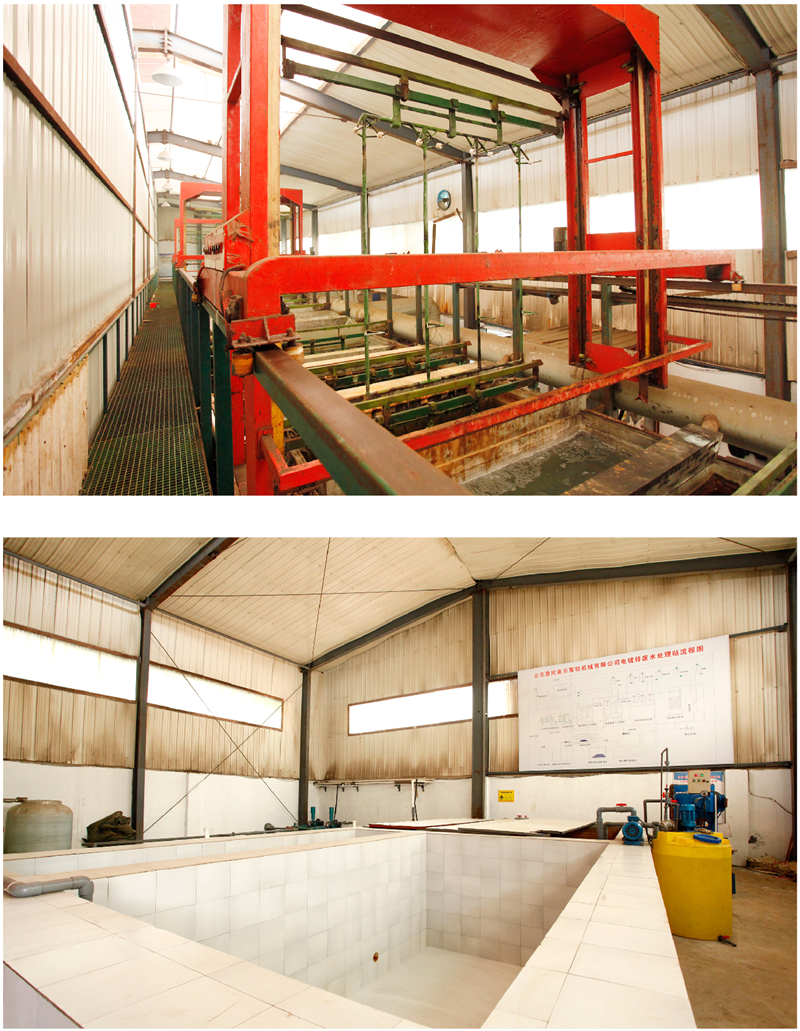
Environmental Protection Equipment
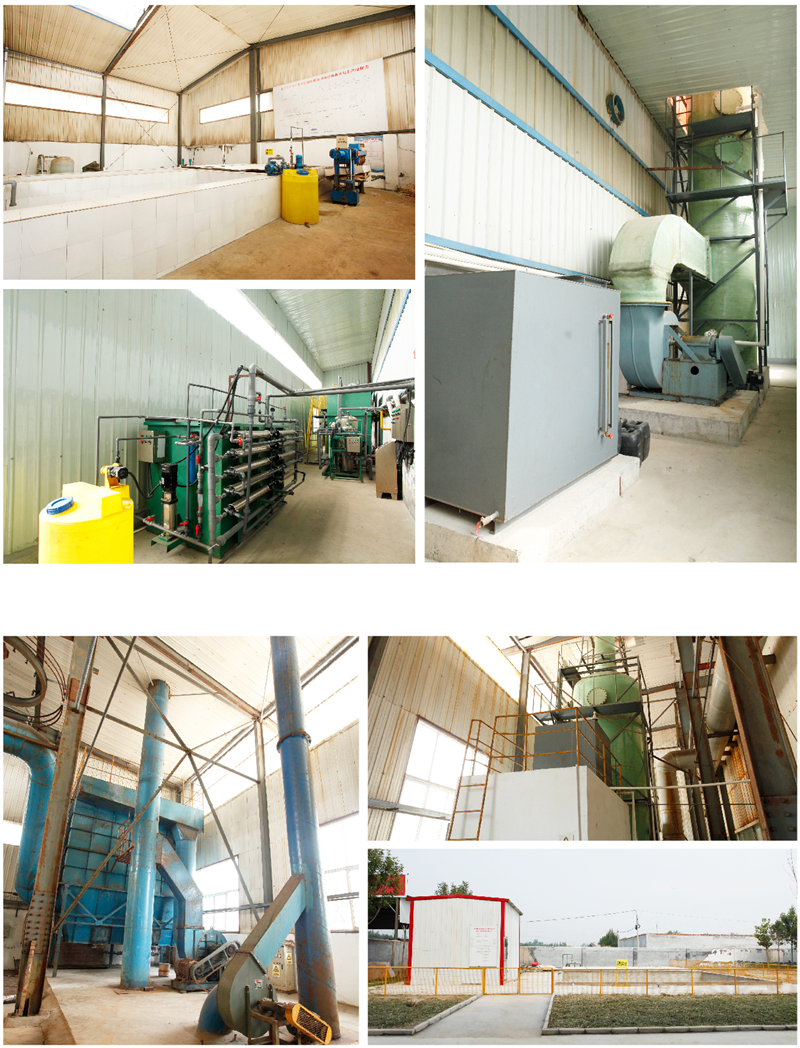
Chicken Farming Equipment Product Series
Egg-laying Hen Farming Equipment
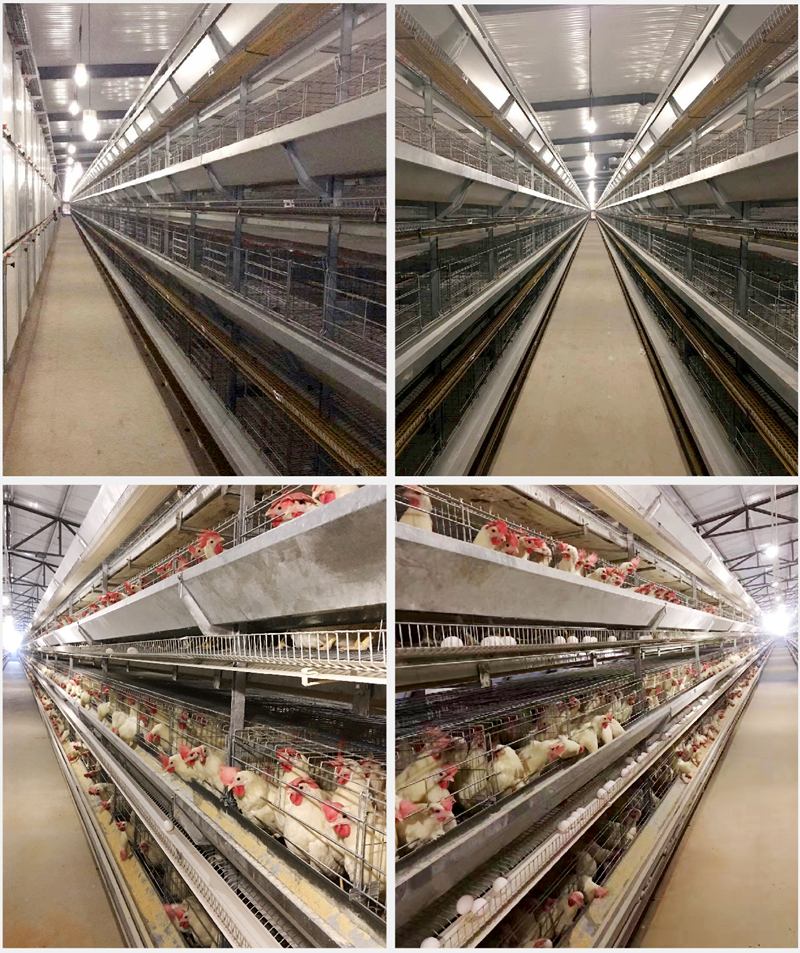
Stacked Brooding Cage Equipment

Stacked Broiler Cage Equipment
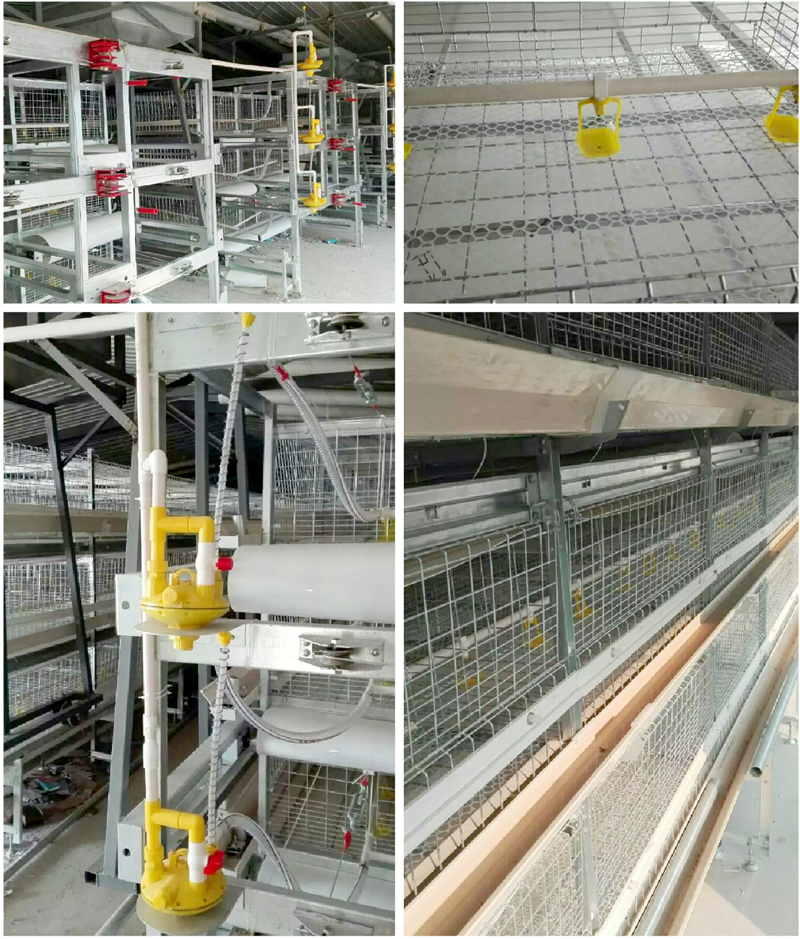
Stepped Layer Hen Cage Rearing Equipment
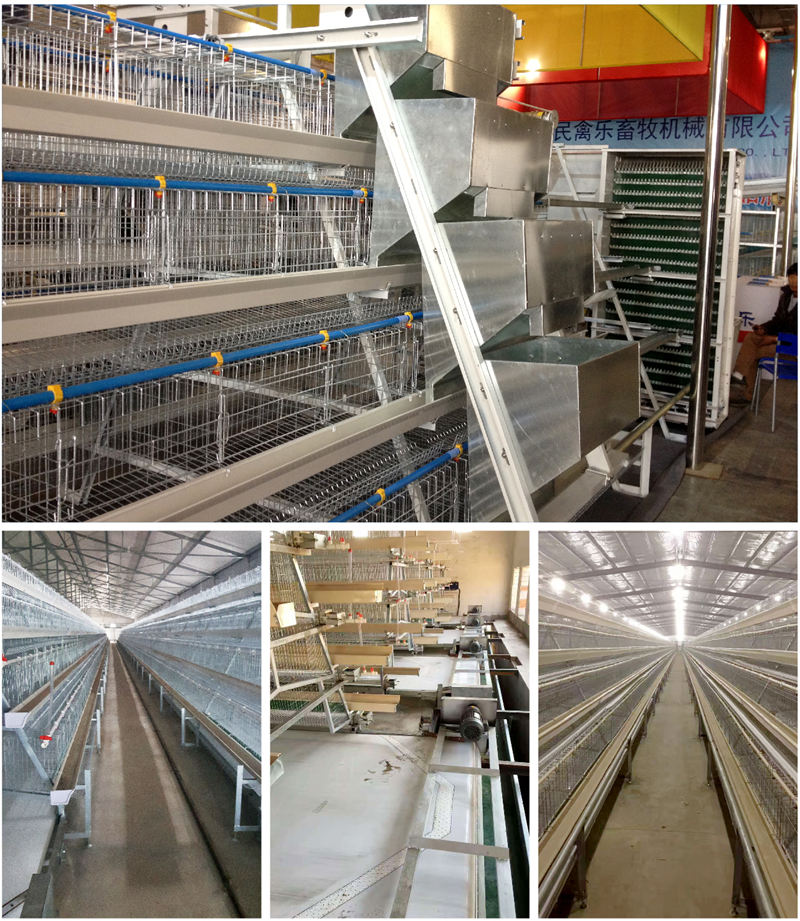
Automatic Egg Collection System
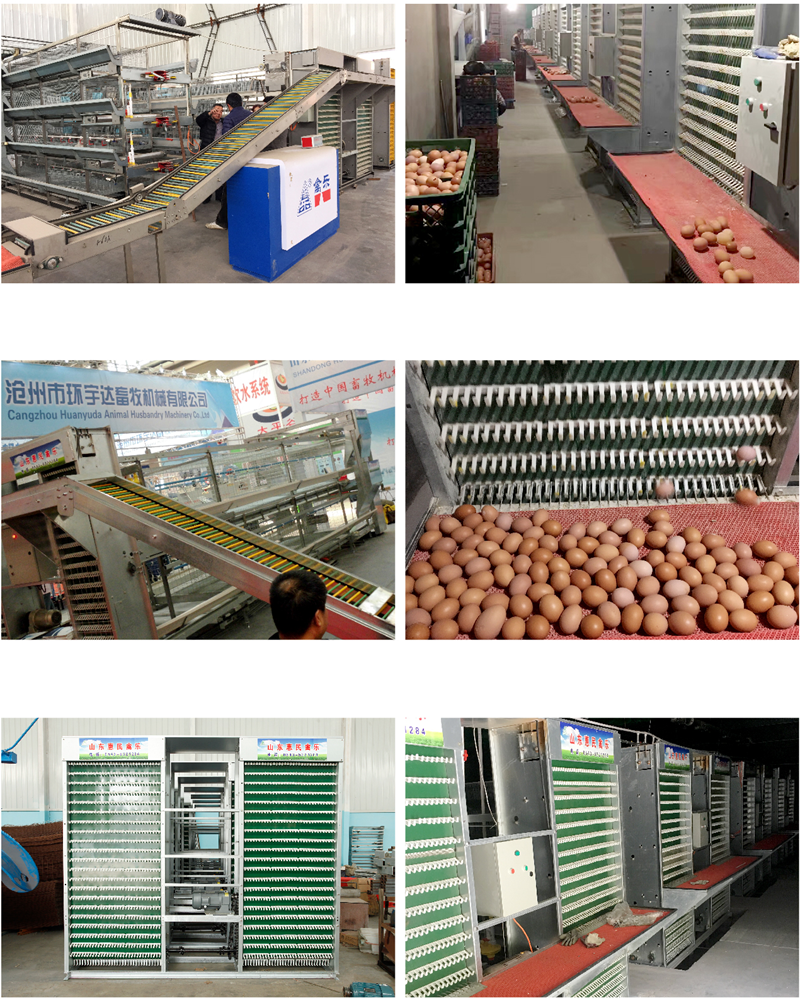
H-type Cage Feeding Machine
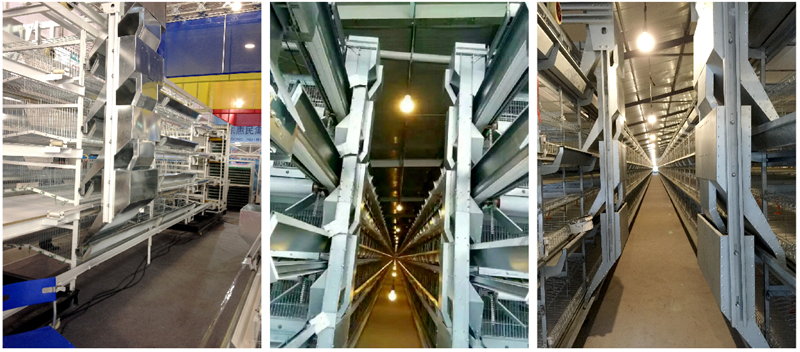
Stepped Cage Straddle Feeder
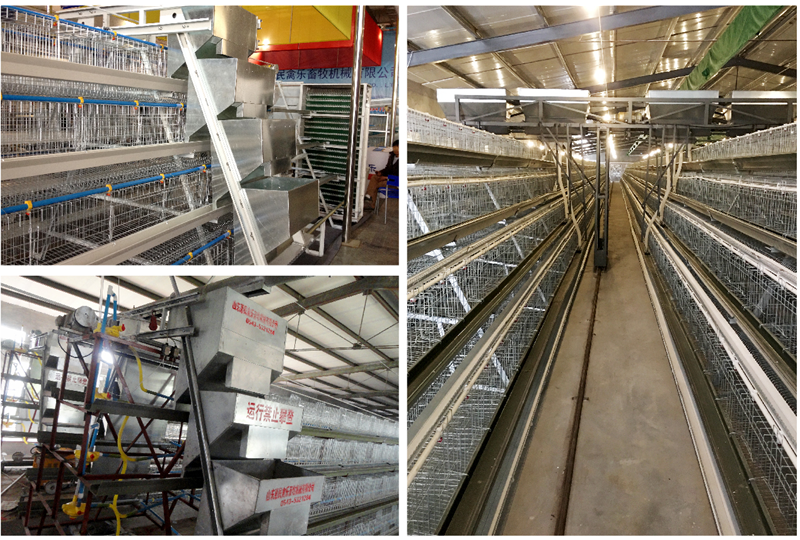
Manure Removal Machine
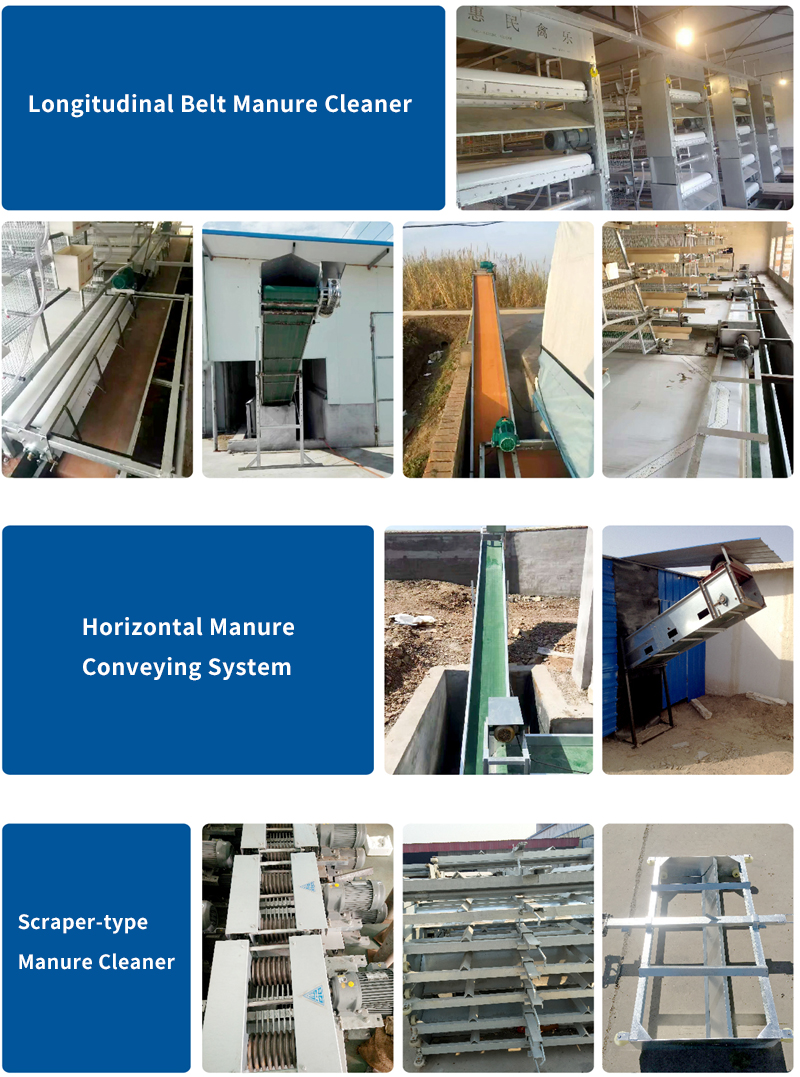
Fans, Heated Curtains, Environmental Control Systems, and Lighting Equipment
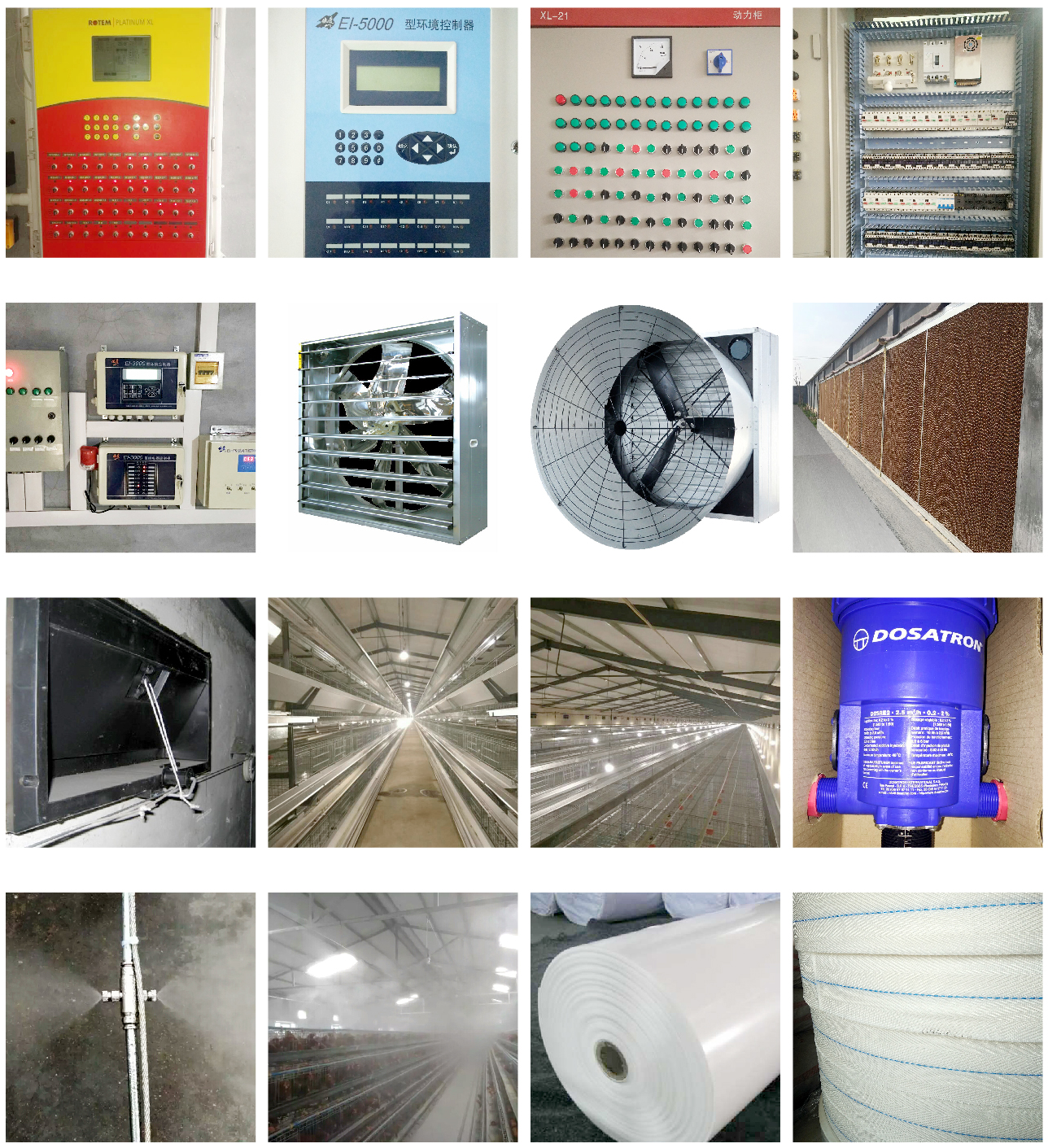
Complete Set of Equipment for Organic Fermentation Treatment of Manure
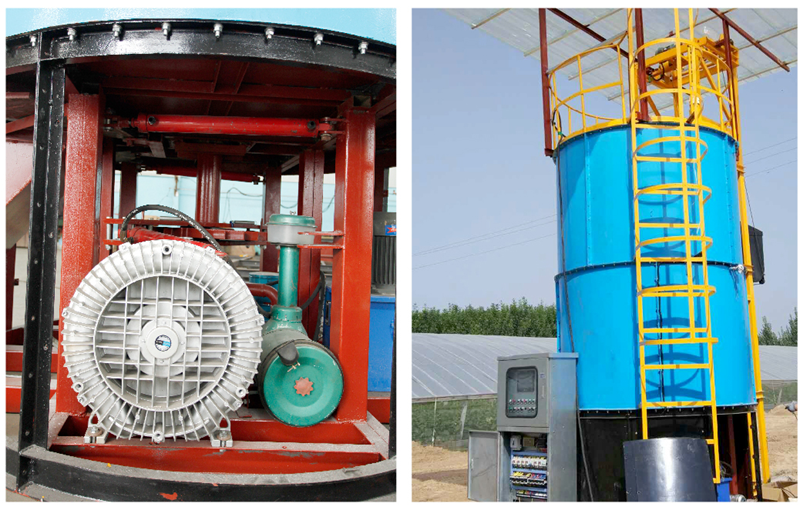

 Catalogue
Catalogue































 WhatsApp
WhatsApp телефон
телефон